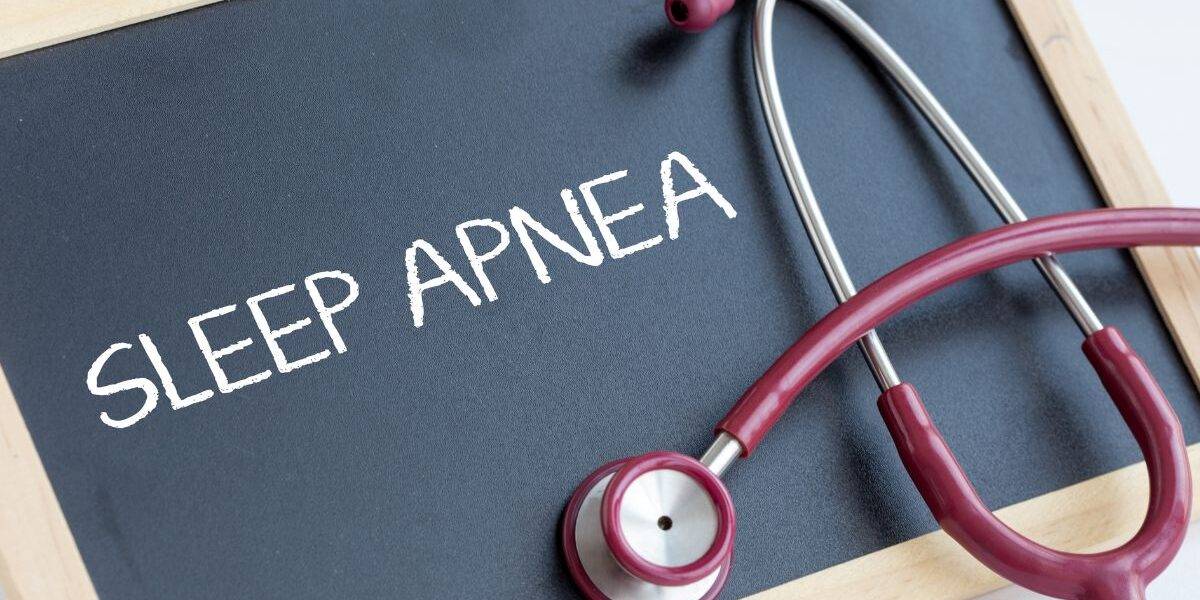Do I have sleep apnea?
You would know if you were waking multiple times a night or having difficulty breathing in your sleep…right?! Think again. Sleep apnea is a common but easy-to-miss disorder in which breathing repeatedly stops and starts again during the night. Left untreated, it can lead to serious health problems, including high blood pressure, heart disease, stroke and daytime fatigue that has impacts on work, driving and overall quality of life.
Signs You Have Sleep Apnea
- Loud, Chronic Snoring: While not everyone who snores has sleep apnea, loud and persistent snoring, especially when punctuated by pauses or gasps, can be a red flag.
- Pauses in Breathing: A bed partner may notice that you stop breathing for several seconds at a time, followed by choking, gasping or snorting sounds.
- Excessive Daytime Sleepiness: Feeling unusually tired during the day, even after what seemed like a full night’s sleep, is a hallmark symptom.
- Morning Headaches: Frequent morning headaches can occur as a result of oxygen drops during the night.
- Difficulty Concentrating or Memory Problems: Interrupted sleep can affect cognitive function, making it harder to focus or remember details.
- Irritability or Mood Changes: Poor sleep quality can contribute to mood swings, anxiety or depression.
- Dry Mouth or Sore Throat Upon Waking: Breathing through your mouth during sleep can cause dryness and irritation.
Who is at risk of sleep apnea?
Sleep apnea can affect anyone, but it’s more common in people who are overweight, have a large neck circumference or have structural issues in the airway. Men, older adults and those with a family history of the condition are also at a higher risk.
If you recognize several of these symptoms in yourself, or if a partner notices them in you, it’s important to speak with your healthcare provider. Diagnosis typically involves a sleep study to measure breathing patterns, oxygen levels and sleep stages.
Sleep apnea isn’t just about snoring, it’s a serious medical condition with wide-ranging health impacts. By spotting the signs early and getting tested, you can take steps toward better sleep, improved health and a better quality of life.
Our team at Biltmore ENT is ready to help you take steps toward better sleep. Contact our office today at (602) 956-1250 or click here to request an appointment.

